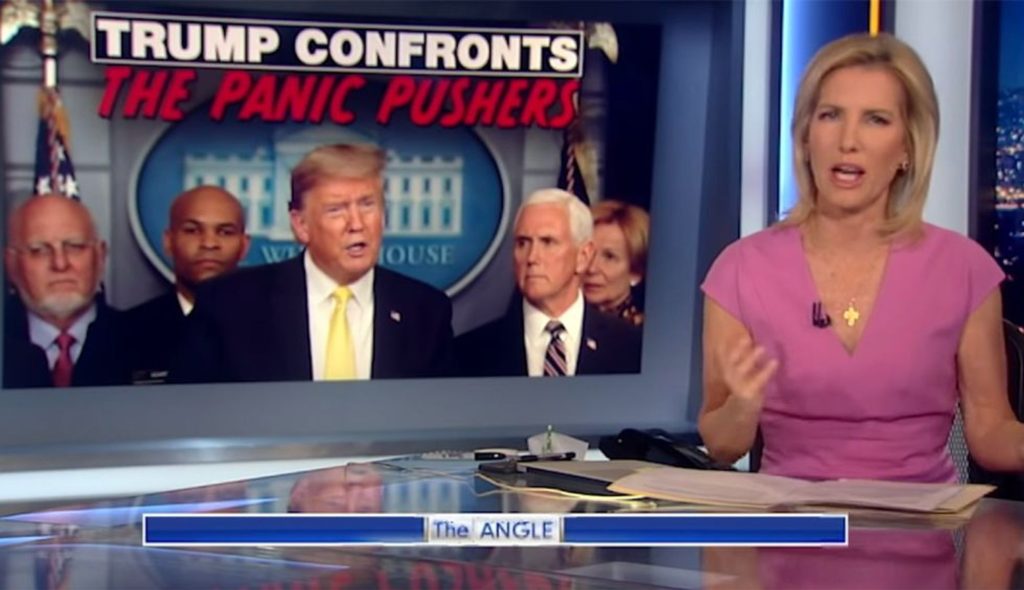Trump helped get vaccines produced quickly, but he and some of his allies are complicating efforts to get people to take them

“President Trump and his allies have spent years stoking disinformation and doubt in official accounts about the election, the coronavirus, and other topics. Now those efforts are making it harder to rally support around his administration’s vaccine push,” report Elizabeth Dwoskin and Josh Dawsey of The Washington Post.
But Trump is only part of the puzzle, Dwoskin and Dawsey report: “Conspiracy theories about the vaccine are also brewing within Trump’s base, particularly among evangelical Christians and followers of the QAnon conspiracy theory, according to a report by the misinformation research group Zignal Labs.”
The group “found that the most popular misleading story line about the coronavirus vaccine in recent weeks was about people who took the Pfizer vaccine developing the disease Bell’s palsy, which temporarily paralyzes muscles in the face,” the Post reports. “An article from the Daily Mail, which reported that four volunteers who took the vaccine then developed the disease, garnered more than 179,000 shares on Facebook and 12,000 shares on Twitter, with an evangelical Christian community on Facebook contributing the single largest number of shares.”
PolitiFact, a service of the Tampa Bay Times, says social-media users have exaggerated and distorted the story. “While the original Daily Mail story was accurate, and therefore allowed by the social-media companies, scientists have said that the number of people who developed Bell’s palsy — 4 in a group of 22,000 — is consistent with the number of people who have the disease in the actual population, and may have nothing to do with the vaccine, the fact-checking group said. The FDA is monitoring the issue,” the Post reports. “At the same time, a popular Facebook meme appearing to depict the volunteers was actually recycling a photo from 2019.”
Social-media chatter may be filling a vacuum left by Trump, who “has been somewhat absent from the conversation, frustrating aides who say that he could have a major impact on drumming up support for vaccination, say people familiar with the discussions who spoke on the condition of anonymity to discuss sensitive matters freely,” Dowskin and Dawsey write.
“With so many Americans expressing doubt about the vaccine, aides say Trump could convince tens of millions of Americans — his most fervent supporters — that it was safe if he took it himself, the people said. But so far, he has not publicly announced plans to do so and has not held any major event to promote it. He has tweeted praising the vaccine, but he has eschewed any public appearances since its release to either take it or laud it.”